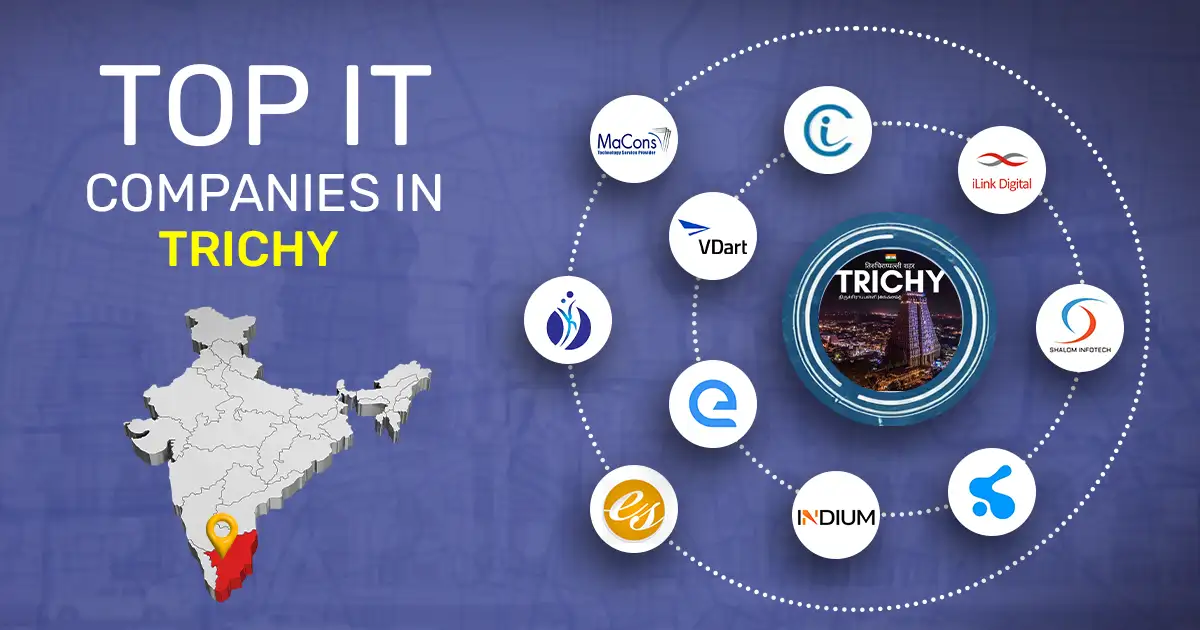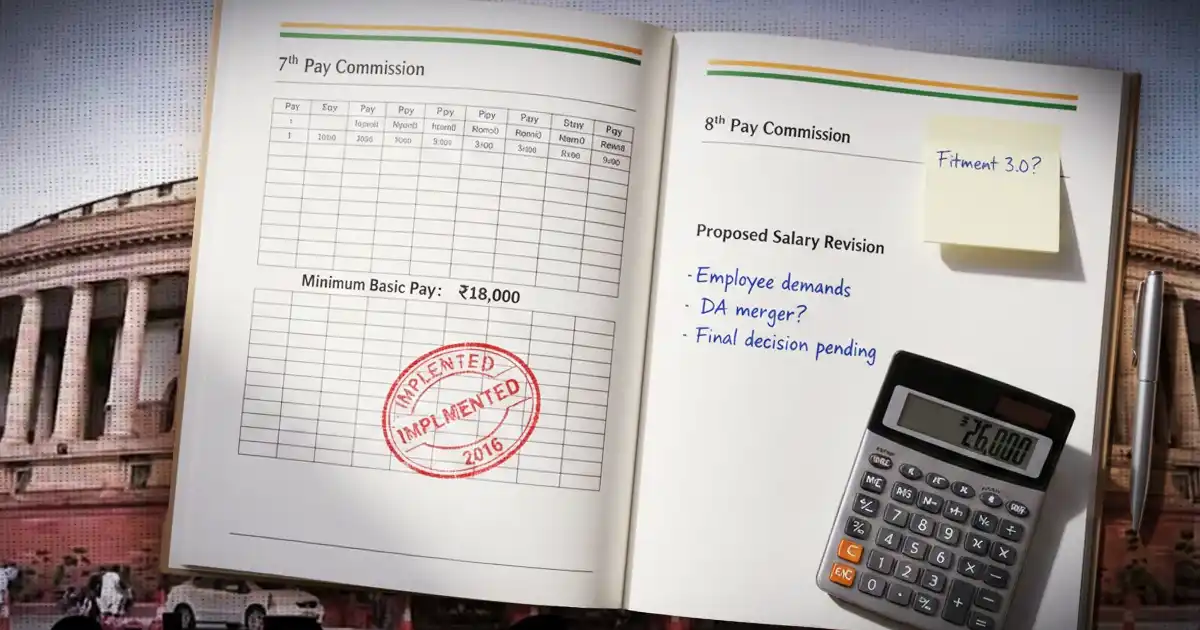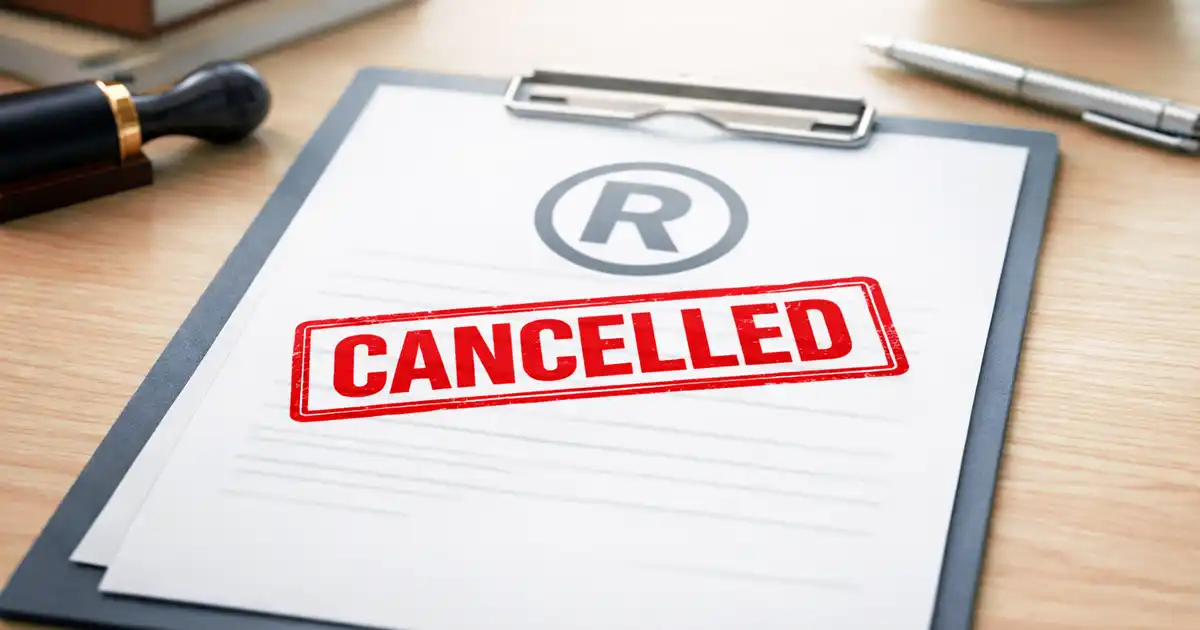The entire registration process is efficient and can be completed remotely from India in a few simple steps.
Step 1: Choosing and Verifying Your Company Name
Your company name must be unique and not already in use. Your service provider will check the name's availability in the Dutch Chamber of Commerce (KVK) Trade Register. It’s a good idea to have 2-3 name options ready in case your first choice is unavailable.
Step 2: Engaging a Civil-Law Notary in the Netherlands
This is a mandatory step, and you must appoint a Dutch civil-law notary. The notary acts as an official legal guide, preparing all necessary documents for your company's formation.
Step 3: Drafting and Executing the Deed of Incorporation
The notary will draft the official "Deed of Incorporation," which includes the Articles of Association. This document is like the constitution of your company; it outlines its purpose, share structure, and the roles of directors.
You will need to provide your documents, such as:
- Valid passport or ID
- Proof of address
- Proof of share capital payment (if applicable)
- Details of directors and shareholders
- Power of attorney (if using a representative)
Step 4: Registration with the Dutch Chamber of Commerce (KVK)
After the deed is finalized and signed (which can be done remotely), the notary officially registers your company with the KVK. This is the moment your company gets incorporated.
Step 5: Receiving Your KVK Number and RSIN
Immediately upon registration, your company is issued a unique KVK number. This is your official company registration number in the Netherlands. At the same time, you get an RSIN (Rechtspersonen en Samenwerkingsverbanden Informatienummer), which is your main tax number.
Step 6: Registering with the Dutch Tax and Customs Administration (Belastingdienst)
This step is automatic. The KVK informs the Dutch Tax Office (Belastingdienst) about your new company. The tax office will then send you separate letters confirming your VAT number and other tax details. Within a few weeks, you will receive:
- Your BTW number (VAT number), which is necessary for invoicing and filing taxes
- Official letters outlining your corporate income tax responsibilities and important deadlines
The tax office will send these documents to you separately to help you stay compliant with all tax regulations.











